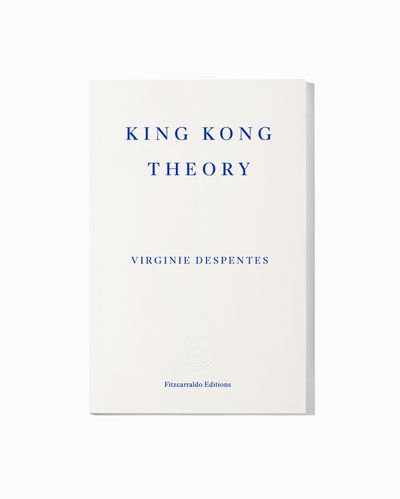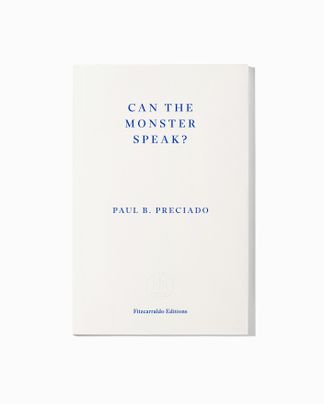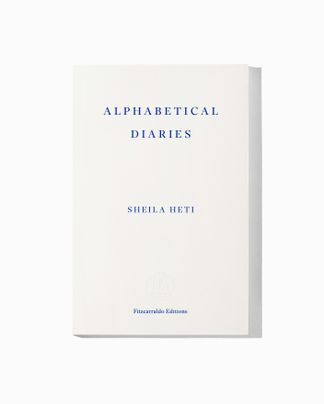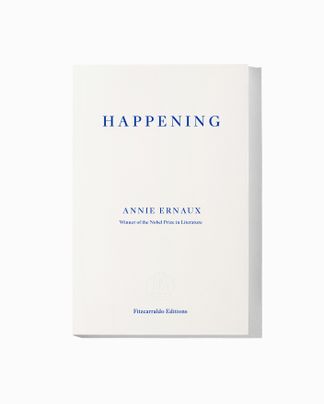This book is supported by the Institut Français (Royaume-Uni) as part of the Burgess Programme. Cet ouvrage a bénéficié du soutien des Programmes d’aide à la publication de l’Institut Français.
‘I write from the realms of the ugly, for the ugly, the frigid, the unfucked and the unfuckables, all those excluded from the great meat market of female flesh, and for all those guys who don’t want to be protectors, for those who would like to be but don’t know how, for those who are not ambitious, competitive, or well-endowed. Because this ideal of the seductive white woman constantly being waved under our noses – well, I’m pretty sure it doesn’t exist.’
Powerful, provocative and personal, King Kong Theory is a candid account of how the author of Baise-moi came to be Virginie Despentes. Drawing from personal experience, Despentes shatters received ideas about rape and prostitution, and explodes common attitudes towards sex and gender. King Kong Theory is a manifesto for a new punk feminism, reissued here in a brilliant new translation by Frank Wynne.





